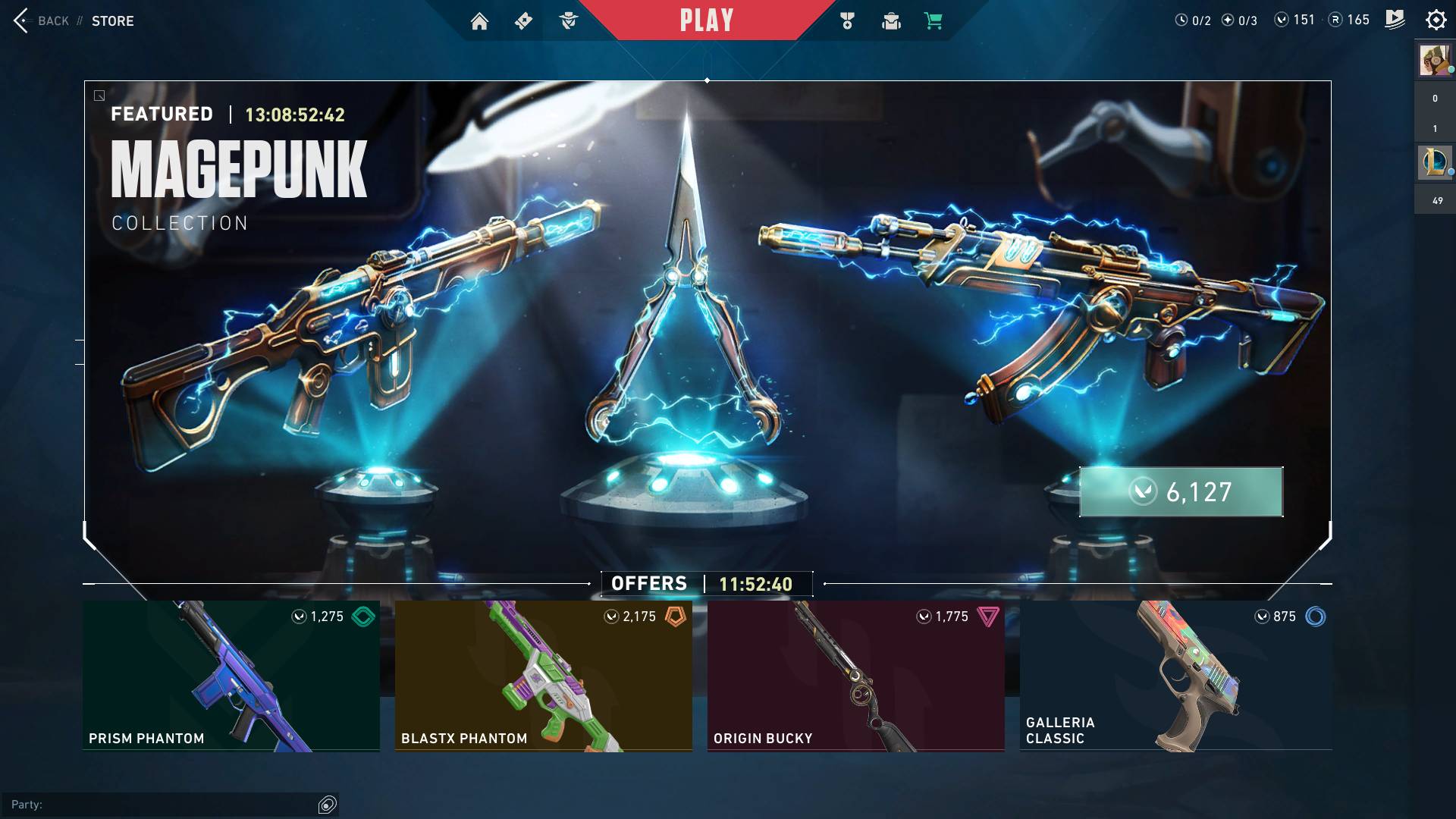- The way gaming companies make money has changed from selling a game once to offering ongoing experiences where players can earn.
- The industry is growing, with in-game spending and mobile gaming making up most of the revenue.
- Platforms like Roblox allow users to make money, with creators earning over $1 billion in the last year.
The gaming industry has grown from a simple one-time purchase to a more interactive, player-driven system. Instead of just buying a cartridge or disk, players now take part in ongoing experiences that keep generating income for developers and even give players chances to earn.
This change has blurred the line between gamers and creators, turning the industry into a lively space where simply playing can hold real financial value.
The global gaming market is growing fast, with online gaming expected to hit $225.7 billion by 2025. A big part of this comes from digital in-game spending, which makes up $171.6 billion.
Mobile gaming leads the way, making up more than half of all game use worldwide and projected to earn $115 billion this year. It’s a booming industry, and there are opportunities to be had for making money, even as a player.
The Evolution of Gaming Business Models

In the early days of gaming, making money was simple – developers depended on single game sales, which made launch day extremely important. Things began to change with digital distribution and cloud systems, allowing games to keep selling and updating long after release.
Microtransactions, DLCS, and live service models reshaped the business. Instead of stopping at the first purchase, players could now spend on expansions, cosmetic upgrades, and special online events. This gave games a longer life and let developers continue earning well beyond the initial launch.
The Shift to Player-Centered Revenue Streams

Players are no longer just consumers; they’ve become creators, competitors, and even earners. Roblox is a clear example of this shift. At its recent developer conference, the company launched Roblox Moments, a TikTok-style app where users can share gaming clips.
It also raised the payout rates for converting Robux into real money by 8.5% and announced that creators earned over $1 billion in the past year, with more than 100 games making over $1 million each. This goes beyond simple fan engagement as it’s become a full creator economy.
On the other hand, competitive online games now offer leaderboards, tournaments, and prize pools where skilled players can win in-game currency or tradeable rewards. In some cases, these rewards can even be turned into real money, giving players more reason to take part.
And let’s not forget that even casual gamers stand to benefit. You don’t need to be a pro to earn a bit of extra income, as new apps and platforms let players turn idle time on mobile into small rewards.
One way is to discover Pawns for real money games, which connect players with tasks or games that pay via PayPal. It only takes one mention here, but it shows how far the industry has evolved. Players can now earn from playtime, not just raw skill.
Why Developers Benefit From Player Earnings

This shift benefits both developers and players. By rewarding engagement, games keep players around longer and help communities grow. When players can earn, they are more likely to stay active, share their experiences online, and invest more time and sometimes money into the game.
Gaming has also created a new type of entrepreneur. Players can build portfolios across different platforms, use play-to-earn strategies, and even treat gaming as a part-time income source.
This could soon expand into partnerships with real-world companies, where rewards go beyond in-game items and include actual products or services. FACEIT is already offering real-world products as rewards for topping their leaderboards.
Looking ahead, gaming economies will likely connect even more closely with real-world markets. With feedback, rewards, and opportunities for co-creation, players are set to remain active contributors to the gaming economy rather than just consumers.
In short, gaming is no longer only about fun. It’s also about creativity, community, and the chance to earn. Whether you’re a student looking for extra income, a hobbyist exploring your skills, or someone who enjoys playing on your phone, today’s gaming world offers real opportunities to gain from doing what you love.
Thank you! Please share your positive feedback. 🔋
How could we improve this post? Please Help us. 😔
Passionate gamer and content creator with vast knowledge of video games, and I enjoy writing content about them. My creativity and ability to think outside the box allow me to approach gaming uniquely. With my dedication to gaming and content creation, I’m constantly exploring new ways to share my passion with others.




